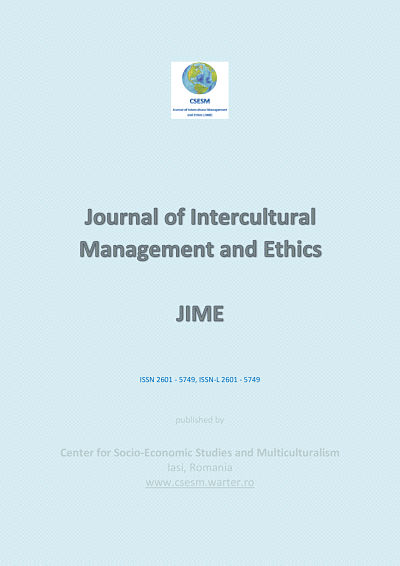Ethical Aspects of Antimicrobial Resistance
Ethical Aspects of Antimicrobial Resistance
Author(s): Ioana-Florina Mihai, Andreea-Luiza Palamaru, Alina-Andreea Macovei, Andreea Pascariu, Roxana Palade, Stefana Luca, Cătălina LucaSubject(s): Sociology, Scientific Life
Published by: Center for Socio-Economic Studies and Multiculturalism
Keywords: antibiotics; resistance; bacteria; health;
Summary/Abstract: With the increase of antibiotic use, certain bacterial strains evolved developing resistance to the drugs to which they were initially sensitive. The fight against antimicrobial resistance is based on an ethical principle for the protection of human, animal and environmental health. In this paper, we aim to provide an overview on the ethical challenges that arise in the context of antimicrobial resistance. Who should have access to antibiotics? Who should get antibiotics? Should current use of antibiotics be restricted? These are just some of the ethical questions that need to be addressed. A report of the World Health Organization (WHO) shows that drug resistance - particularly antibiotic resistance - is a growing threat to human health, food security and modern medicine. When people recklessly use antibiotics to fight a common cold, when farmers use antibiotics to boost animal productivity, the bacteria that the drugs are designed to kill become immune. Unfortunately, this is a scary reality. In conclusion, antimicrobial resistance has been described as one of the main threats to individual health and population in the 21st century, and national and international organizations have repeatedly emphasized the urgent need for action.
Journal: Journal of Intercultural Management and Ethics
- Issue Year: 3/2020
- Issue No: 1
- Page Range: 39-43
- Page Count: 5
- Language: English

